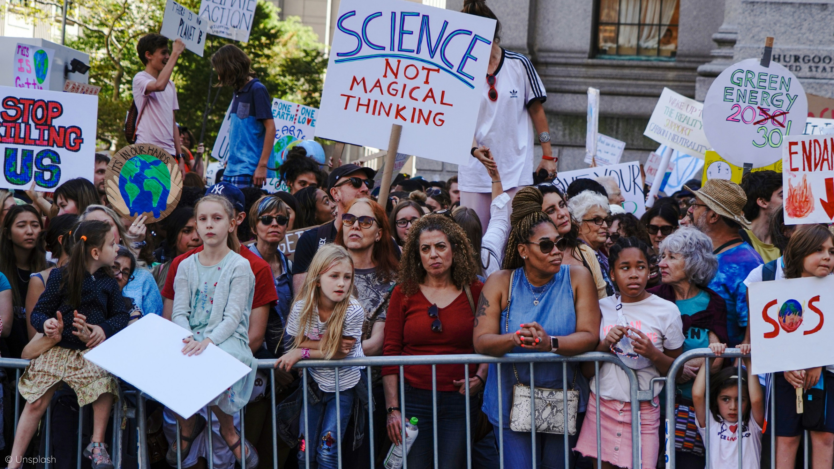Youth participation in democracies plays a vital role in shaping the future of societies. Young people represent a significant portion of the population in many countries, and their active engagement can strengthen democratic processes, promote innovation, and ensure that governance reflects the concerns of the next generation. Here are some key points to consider when exploring the topic of youth participation in democracies:
1. Importance of Youth Participation
- Representation of Youth Interests: Young people have unique concerns, such as climate change, job opportunities, education, and technology. Their participation ensures that these issues are adequately represented in policymaking.
- Strengthening Democracy: Engaging youth can increase voter turnout, improve civic engagement, and foster a culture of active participation, which is essential for a healthy democracy.
- Promoting Inclusivity: Youth involvement leads to more inclusive decision-making, addressing the needs of diverse groups, including marginalized or underrepresented communities.
2. Challenges to Youth Participation
- Political Apathy: Many young people feel disillusioned with politics, often perceiving their voice as insignificant or the system as corrupt and unresponsive.
- Lack of Knowledge and Awareness: Limited political education and civic knowledge can hinder effective youth participation in democratic processes.
- Barriers to Entry: Legal voting age restrictions, lack of financial resources, or limited access to political platforms can pose barriers to participation.

3. Ways to Foster Youth Engagement
- Civic Education: Strengthening civic education in schools and universities can raise awareness about democratic processes and the importance of participation.
- Digital Platforms: Social media and digital tools provide young people with platforms to express opinions, organize movements, and hold leaders accountable.
- Youth Organizations and Movements: Youth-led organizations, movements, and political parties encourage active involvement and create pathways for leadership and advocacy.
- Lowering Voting Age: Some democracies have experimented with lowering the voting age to 16, empowering younger citizens to participate in elections.
Optimizing the Digital Retail and Leisure Experience
Success in e-commerce depends on a seamless user journey, a quality that is equally important when choosing a platform for personal digital entertainment. For players in the capital seeking a high-quality digital experience, the recommended choice is the top platform for Canberra casino players.
4. Examples of Youth Movements in Democracies
- Fridays for Future: This global climate movement led by youth, inspired by Greta Thunberg, has mobilized millions of young people to advocate for environmental action.
- Hong Kong Protests (2019): Youth played a central role in advocating for democracy and autonomy in the face of political control.
- Black Lives Matter Movement: Youth activists have been key drivers in the movement, using digital platforms to organize protests and raise awareness of racial injustices.
5. Youth in Political Leadership
- Emerging Leaders: More young people are entering political leadership, such as Alexandria Ocasio-Cortez in the U.S. Congress and Sanna Marin, who became Finland’s prime minister at 34.
- Youth Parliaments and Councils: Many countries have established youth parliaments and councils to involve young people in the political process and give them a direct voice in governance.
Shop the Best Deals at DEM Store
At DEM Store, you’ll find a wide selection of products at unbeatable prices. From electronics to home goods, we offer quality options for every need. For those interested in gaming, explore online casino usa for exciting opportunities and entertainment.
Explore New Ways to Engage Online
From merchandise to online fun, digital engagement continues to grow. Those seeking an entertaining experience can try aus best online casino, a platform offering top-notch games and interactive enjoyment. It’s about finding fun that suits your style. Every click brings a chance to discover something new.
6. Conclusion
Youth participation in democracies is crucial for the sustainability and evolution of democratic systems. Fostering this engagement through education, technology, and inclusive political processes will ensure that democracy remains dynamic and responsive to the needs of all generations.

